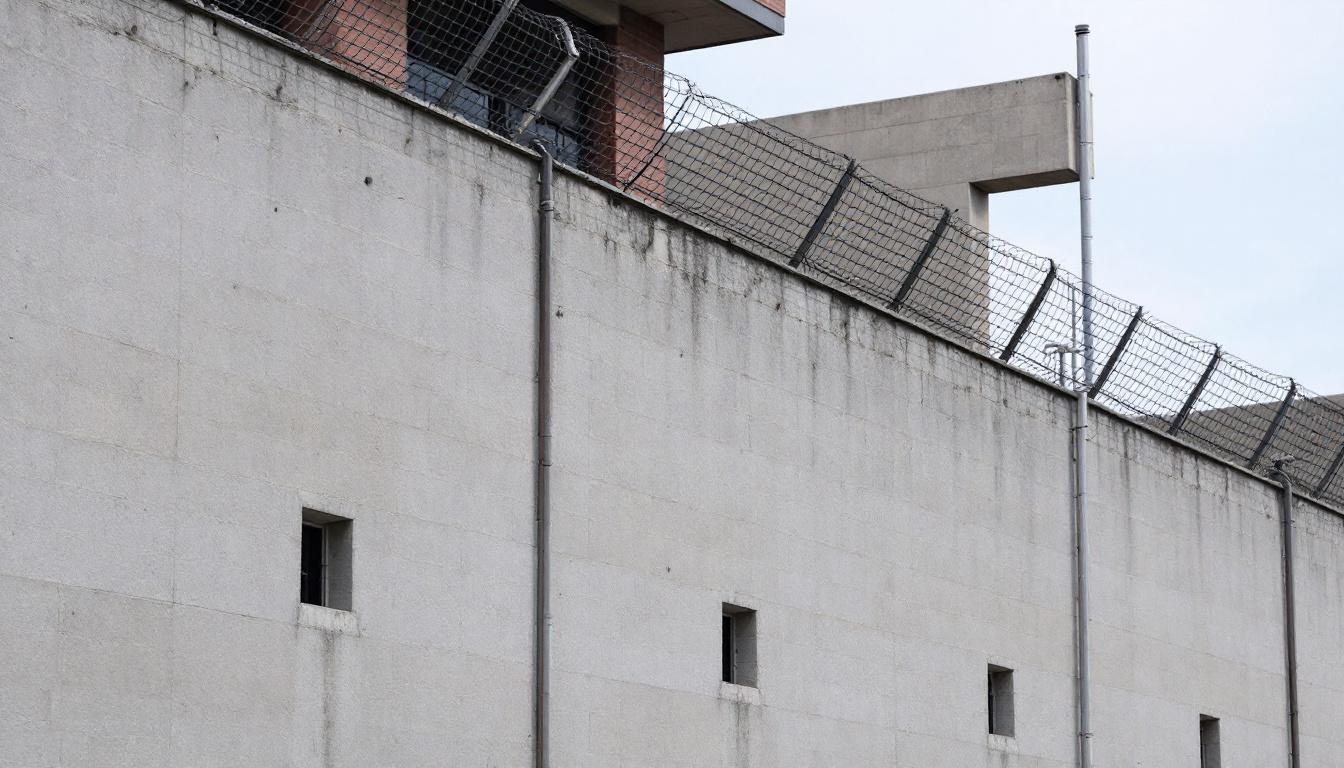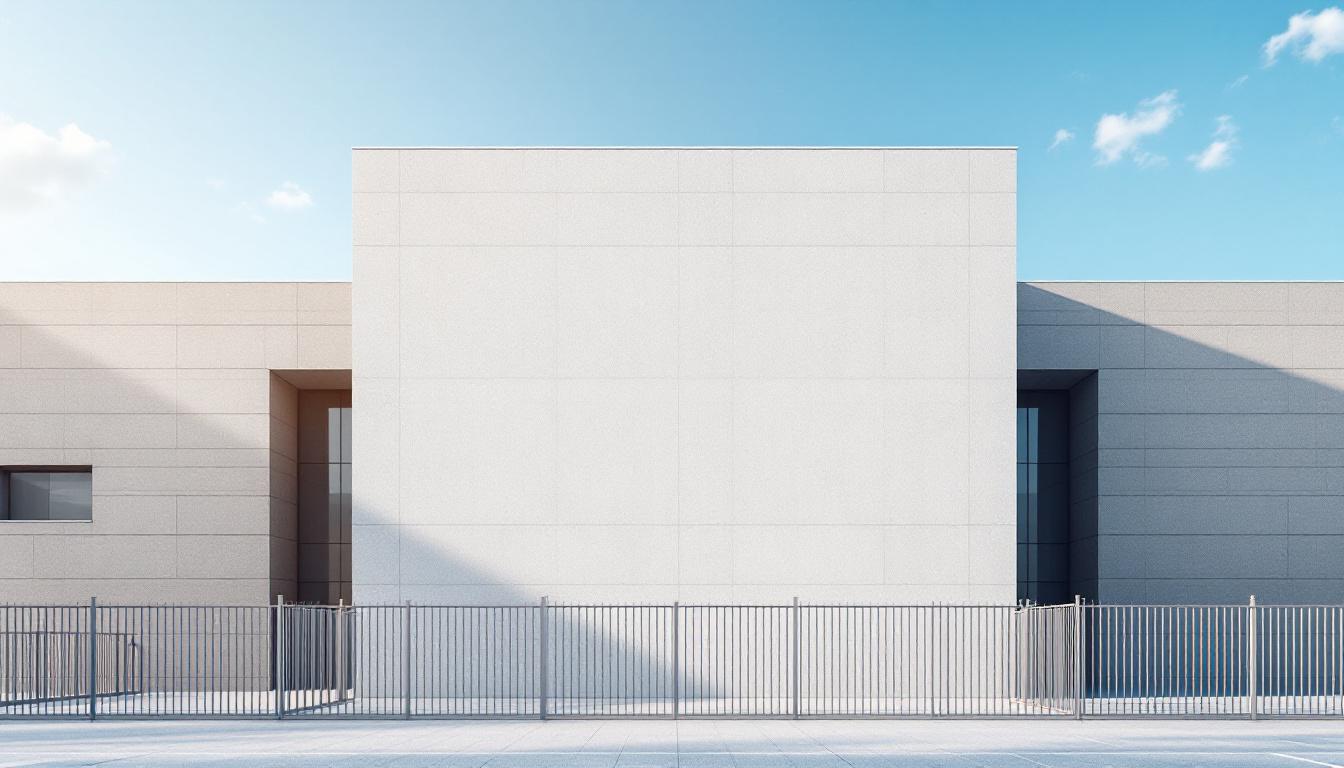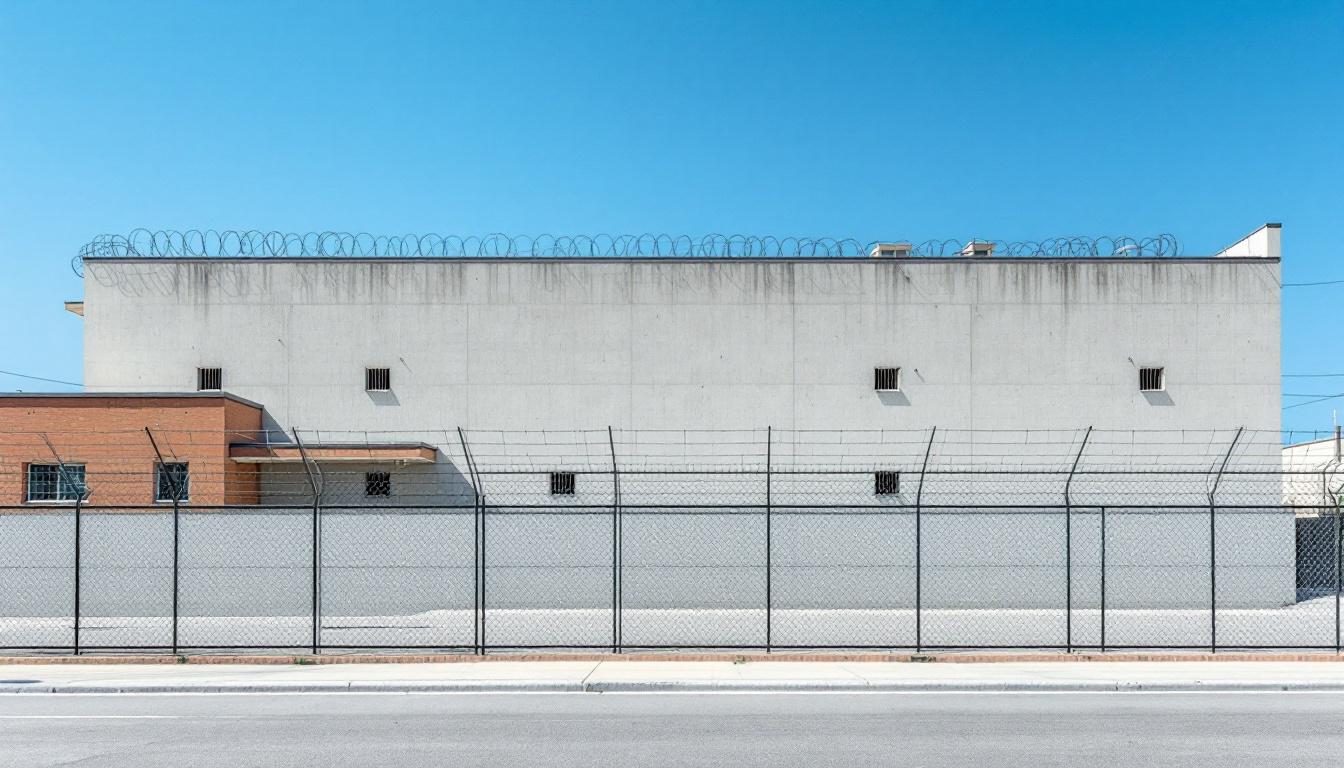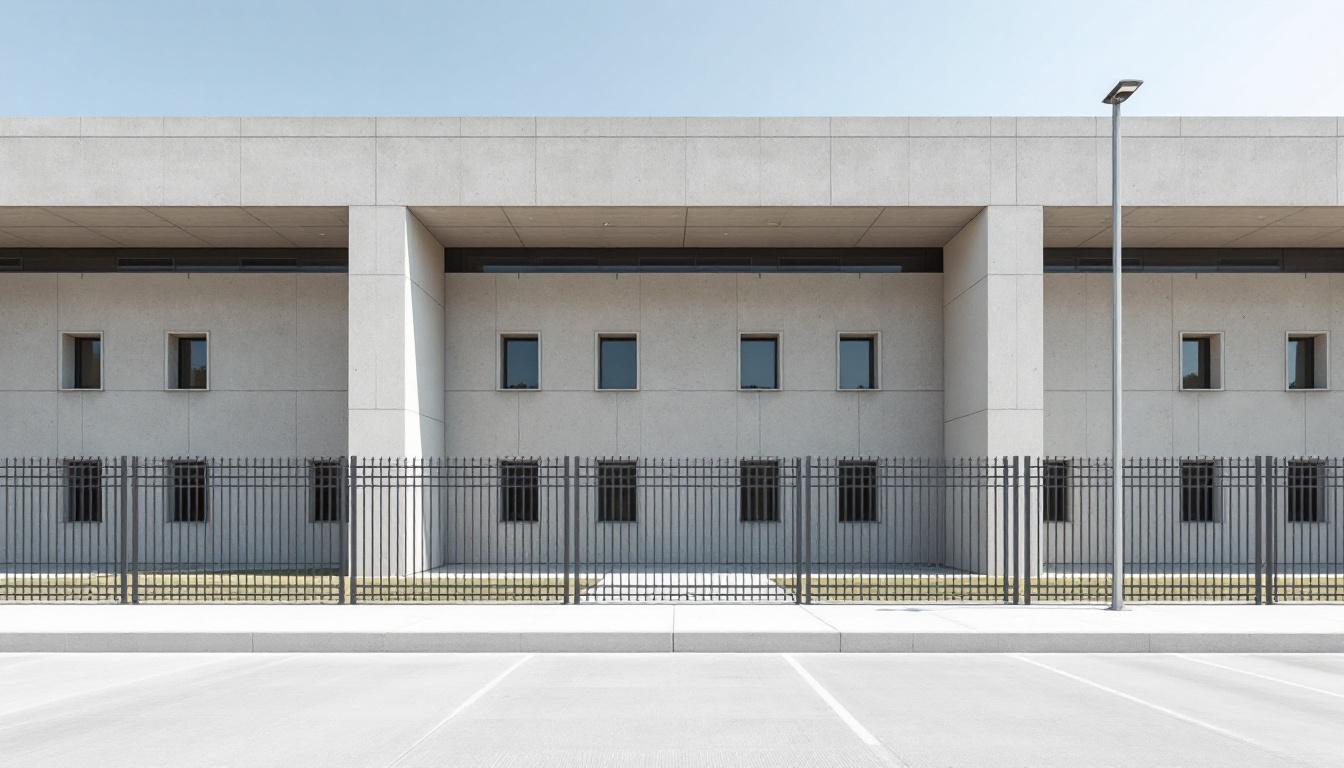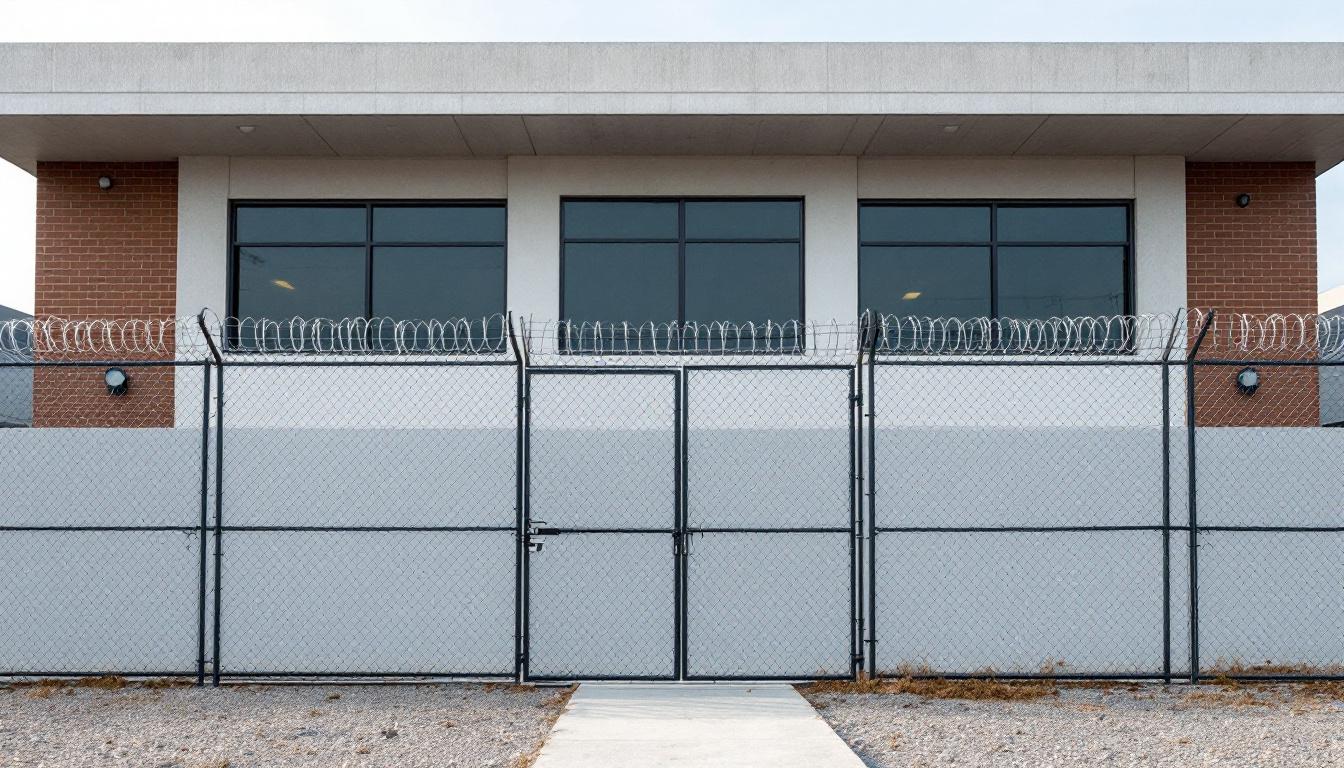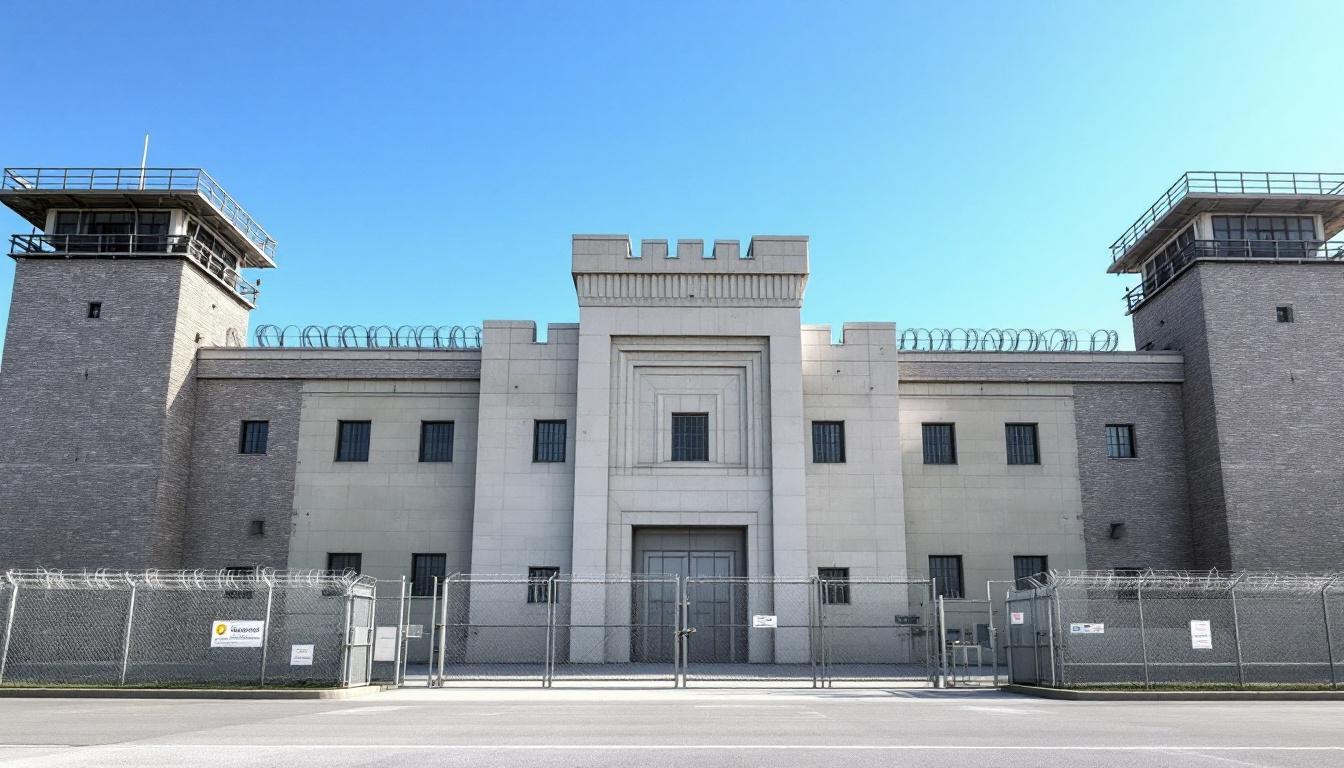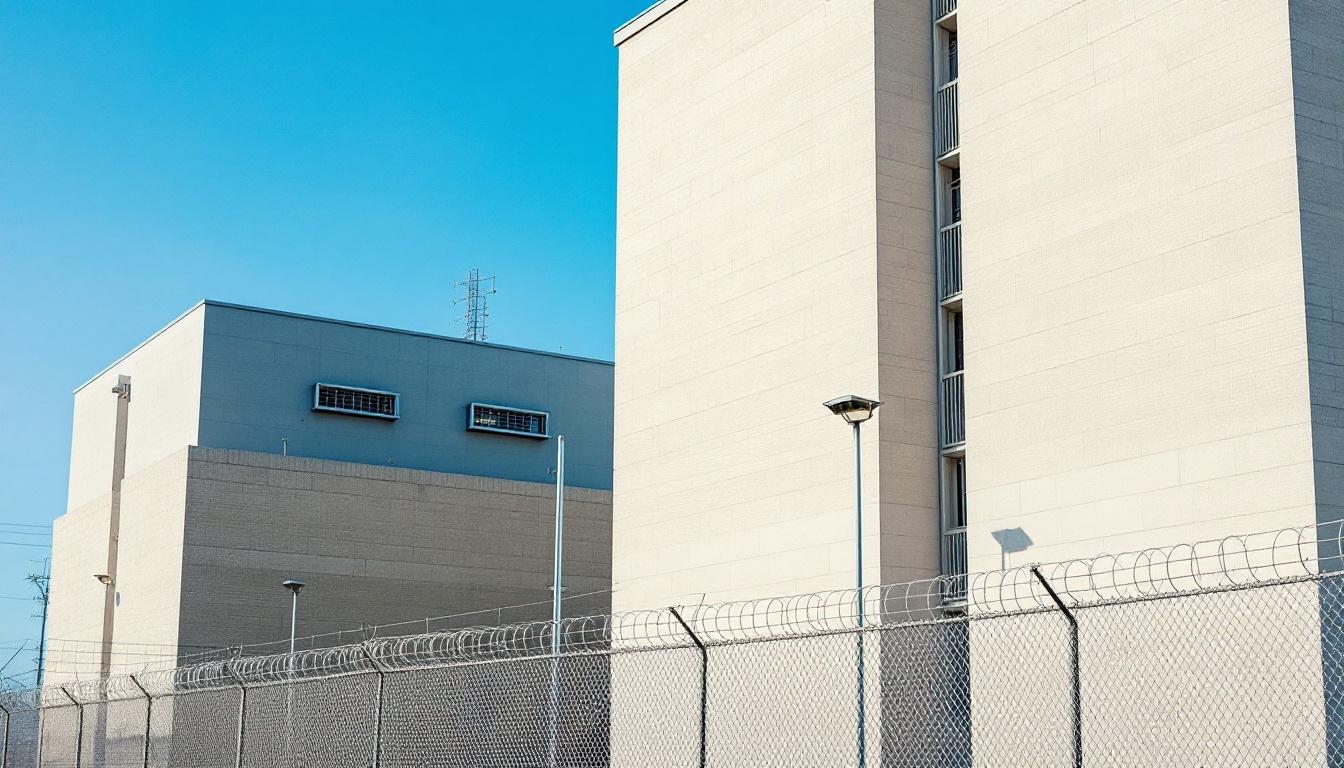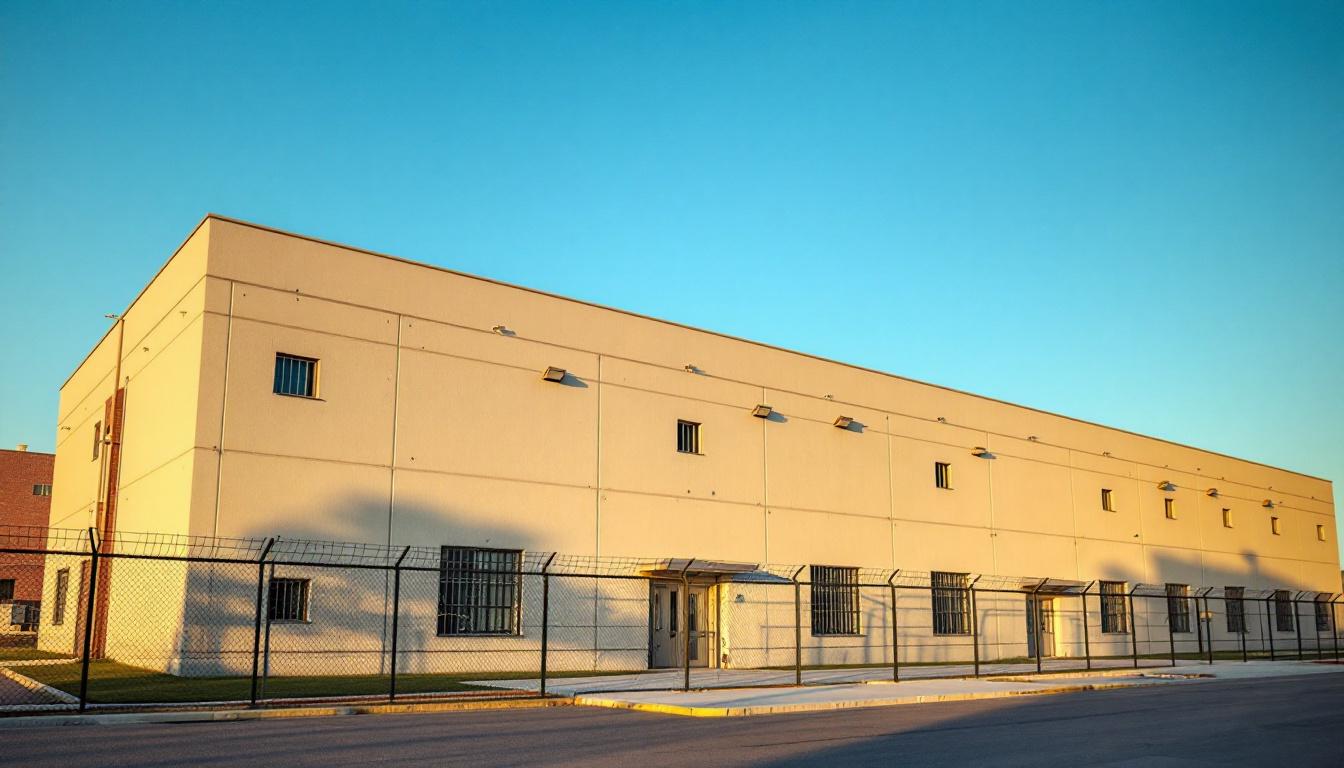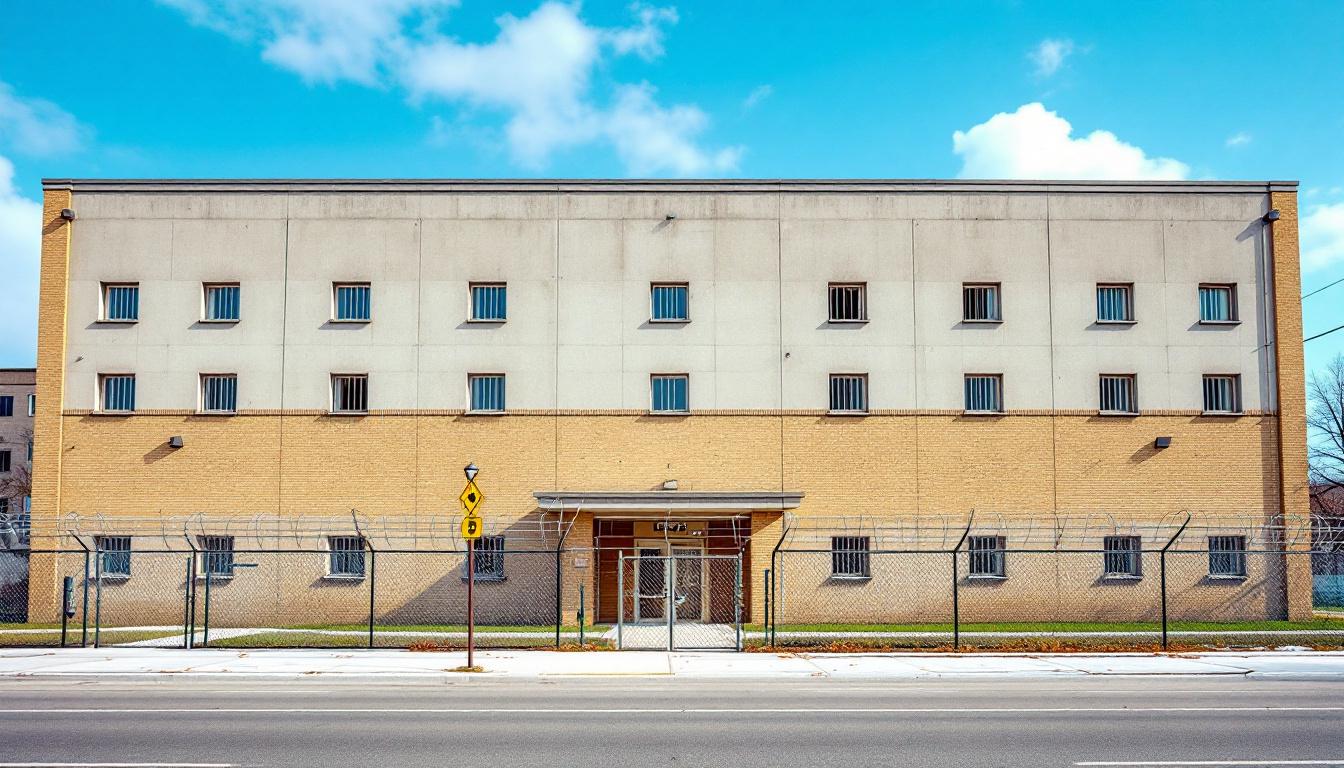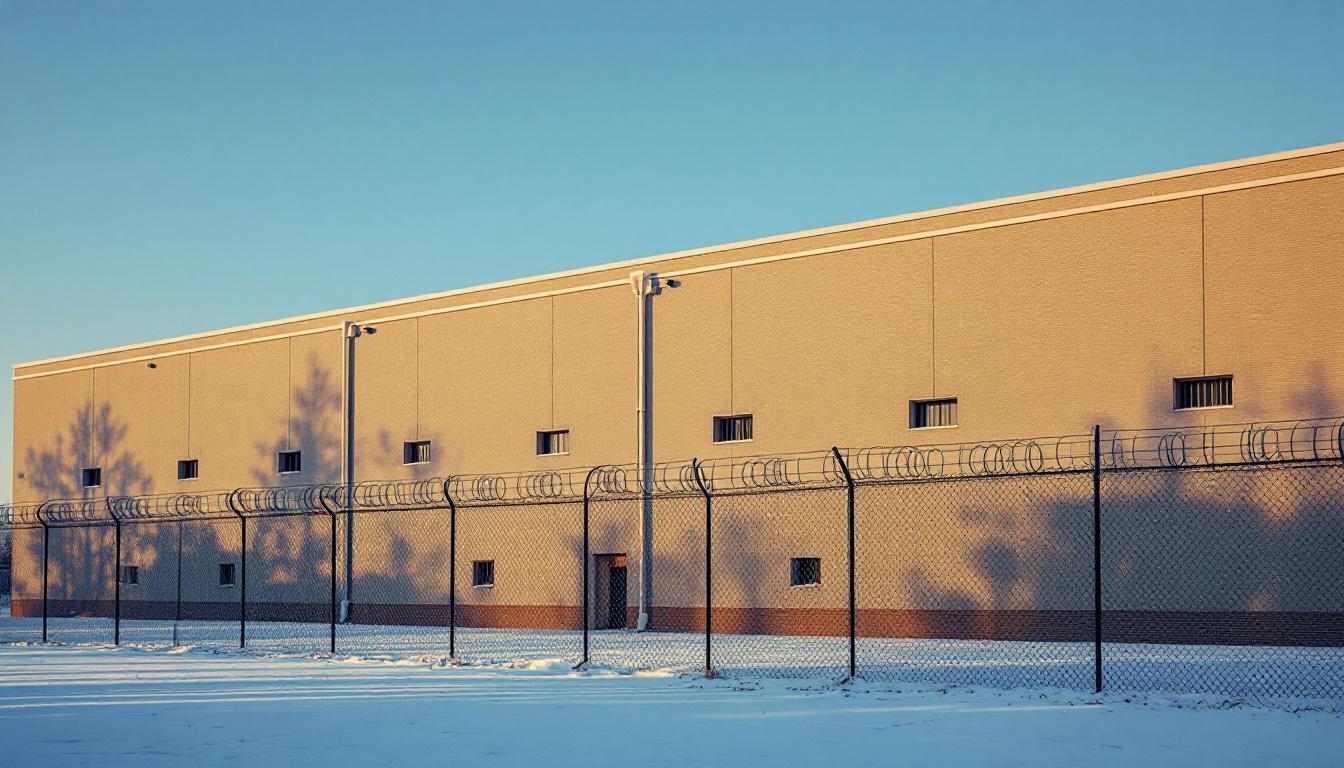
Quick Navigation
How to contact an inmate at Garden State Youth Correction
This comprehensive guide will walk you through how to connect with an inmate at Garden State Youth Correction. Follow the steps below to find an inmate and send letters and photos:
- Search for the inmate using our search tool below
- Create your account or log in to Penmate
- Write your message (up to 6,000 characters)
- Send instantly - inmates receive printed copies daily
Find an Inmate
Search for an inmate to start communicating today
Tip: You can search by first name, last name, or inmate ID number
To contact a person at Garden State Youth Correction start by searching for the person on the official facility website. Perform a search by following these steps:
- Step 1: Enter their first name and last name into the search form and click "Search"
- Step 2: Locate their inmate record
- Step 3: Write down their Inmate ID and any housing information provided
Important! Be sure to enter the person's full name. Nicknames should not be used.
How to Send Messages to Inmates

You can use your phone or computer to send emails, letters, and photos to an inmate. Messages are sent electronically to inmate tablets or kiosks at the facility. If you would like to send a message, start by searching for an inmate at Garden State Youth Correction.
Sending Photos and Postcards

A great way to send love and support to a loved one at Garden State Youth Correction is to send photos and postcards. It only takes a few minutes to send photos from your phone and it makes a huge difference. You can also mail postcards with words of support and inspiration, or design your own postcard for special moments like birthdays and holidays.
Important! Be sure not to send any explicit photos or they may not be approved by the facility. You can also use a photo printing app like Penmate to make sure your photos are printed at the correct size (4x6 or 3x5) and are mailed according to the rules and regulations of Garden State Youth Correction.
Frequently asked questions about Garden State Youth Correction
-
How long does it take to deliver a message?
If you're sending an email message your letter is usually delivered within 24-48 hours. For messages sent via mail you should expect delivery within 3-7 days. All messages will need be approved by Garden State Youth Correction.
-
How much does it cost to send a message to Garden State Youth Correction?
You can send a message free using your phone or mail a message via USPS for the price of a $0.60 stamp and envelope. You can also purchase credits or e-stamps from services starting at $1.99.
-
What services can I use to contact an inmate at Garden State Youth Correction?
Penmate
You can use Penmate to send letters and photos to an inmate from your phone. It's an easy way to stay in touch during your loved one's incarceration. Use the inmate locator to find an inmate's location and contact information, then you can send messages within a few minutes.
Securus messaging
Securus may be another option for communicating with an inmate at Garden State Youth Correction. You can create a friends and family account and purchase credits to send messages. All messages will be reviewed and must be approved by the facility.
JPay
Some county jails and state prisons may support sending messages with JPay. You must register an account with the system, find your loved one, and purchase stamps to send messages. For some locations you can also attach photos.
Smart Jail Mail
You may also check if Smart Jail Mail is available at Garden State Youth Correction. Smart Jail Mail is operated by Smart Communications and has contracted with some state and county jails. After purchasing credits, your messages and photos are sent to the facility, printed out, and then handed out to your loved one.
-
What is the mailing address of Garden State Youth Correction?
Mailing address:
Garden State Youth Correction
55 Hogback Rd
Chesterfield Township, NJ 08515
Phone: (609) 298-6300 -
What are the visiting hours at Garden State Youth Correction?
Visiting hours at Garden State Youth Correction vary by housing unit and security level. Generally, visits are scheduled on weekends and holidays, with some facilities offering weekday visits. Contact the facility directly at (609) 298-6300 or check their website for the current visiting schedule. Visits typically last 30-60 minutes and must be scheduled in advance.
-
What items are prohibited when sending mail to Garden State Youth Correction?
Prohibited items typically include: cash, personal checks, stamps, stickers, glitter, glue, tape, staples, paperclips, polaroid photos, musical or blank greeting cards, hardcover books, magazines with staples, and any items containing metal or electronics. Only send letters on plain white paper with blue or black ink. Photos must be printed on regular photo paper (no Polaroids). Always check with Garden State Youth Correction for their specific mail policies.
-
How do I send money to an inmate at Garden State Youth Correction?
You can send money to an inmate at Garden State Youth Correction through several methods: 1) Online using JPay, Access Corrections, or the facility's approved vendor, 2) Money orders mailed directly to the facility with the inmate's name and ID number, 3) Kiosks located in the facility lobby, or 4) Over the phone using a credit or debit card. Fees vary by method, typically ranging from $2.95 to $11.95 per transaction.
-
Can I schedule a video visit with an inmate at Garden State Youth Correction?
Many facilities now offer video visitation as an alternative to in-person visits. At Garden State Youth Correction, video visits may be available through services like Penmate, Securus Video Connect, GTL, or ICSolutions. Video visits typically cost $10-20 for 20-30 minutes and must be scheduled in advance. You'll need a computer or smartphone with a camera and reliable internet connection. Contact the facility for their specific video visitation policies and approved vendors.
-
What identification do I need to visit an inmate at Garden State Youth Correction?
All visitors must present valid government-issued photo identification such as a driver's license, state ID, passport, or military ID. Minors must be accompanied by a parent or legal guardian who can provide the minor's birth certificate. Some facilities require visitors to be on the inmate's approved visitation list, which may require a background check. Contact Garden State Youth Correction for specific ID requirements and visitor approval procedures.
-
How can I find out an inmate's release date?
To find an inmate's release date at Garden State Youth Correction, you can: 1) Use the online inmate search tool if available, 2) Call the facility's records department, 3) Contact the inmate's case manager or counselor, or 4) Have the inmate provide this information during a call or visit. For privacy reasons, some facilities only release this information to immediate family members.
Facility Overview
Contact Information
Garden State Youth Correction55 Hogback Rd
Chesterfield Township, NJ 08515
Phone: (609) 298-6300
Official Website
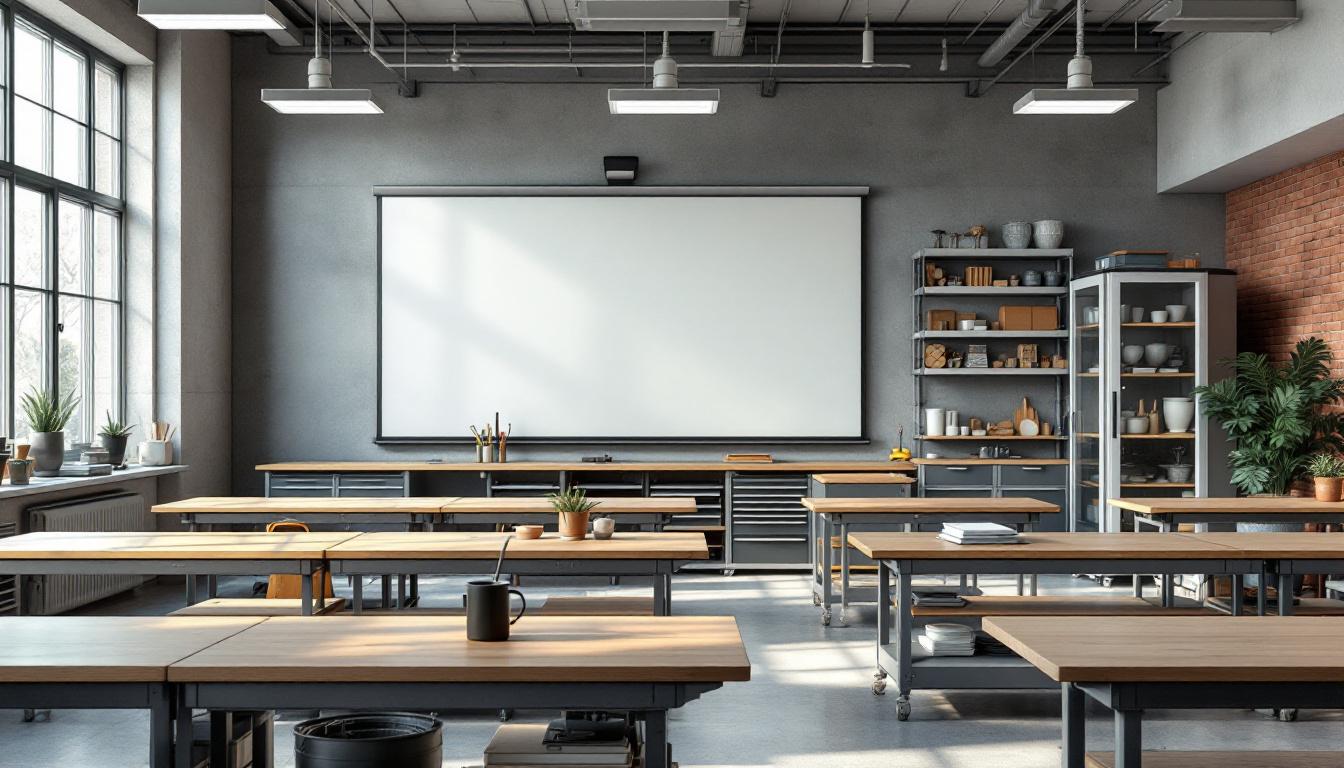
About Garden State Youth Correction
Dedicated to guiding young individuals through their most challenging circumstances while preparing them for successful community reintegration, the Garden State Youth Correctional Facility operates as a cornerstone institution within New Jersey's juvenile justice framework. Located in Yardville, this NJ correctional facility serves as a vital component of the state's comprehensive approach to youth rehabilitation, positioning itself strategically within the broader Mid-Atlantic regional corrections network to address the complex needs of justice-involved youth.
The facility typically emphasizes educational continuity and skill development as fundamental pillars of its reintegration-focused programming. Those incarcerated services generally encompass academic instruction designed to help residents maintain their educational trajectory, while vocational training opportunities may provide practical skills that support future employment prospects. Mental health support and counseling services often form integral components of the facility's approach, recognizing that successful reintegration requires addressing underlying challenges that may have contributed to justice involvement. The youth detention facility environment is generally structured to balance security requirements with developmental programming, creating spaces where young people can engage in meaningful growth while serving their sentences.
As part of New Jersey's statewide juvenile corrections system, the facility collaborates within established protocols to ensure continuity of care and appropriate placement decisions. The Yardville location provides accessibility for family connections throughout central New Jersey, while the facility's role in the regional network enables coordination with community-based organizations and educational institutions that support successful transitions back to home communities. Programming typically includes life skills development, substance abuse education when appropriate, and preparation for post-release planning, all designed to reduce recidivism and promote positive outcomes for the young people in its care.
Programs & Services
Comprehensive skill-building opportunities await those incarcerated at Garden State Youth Correctional Facility, where a multifaceted approach to rehabilitation emphasizes personal development and future readiness. The facility's philosophy centers on transforming challenging circumstances into catalysts for growth, recognizing that meaningful change occurs through structured learning experiences and therapeutic interventions. This youth-focused environment typically cultivates an atmosphere where participants can develop essential life skills while addressing underlying issues that may have contributed to their incarceration.
Educational offerings form the cornerstone of developmental opportunities, with comprehensive education services designed to help those incarcerated complete their academic goals and prepare for post-release success. The facility may furnish various educational pathways, from basic literacy programs to high school equivalency preparation, ensuring that participants can advance their learning regardless of their entry level. Moreover, vocational programs often provide hands-on training in practical skills that translate directly to employment opportunities, while specialized initiatives such as recycling programs may offer both environmental awareness and work experience that builds responsibility and teamwork capabilities.
Therapeutic offerings address the complex emotional and behavioral challenges that many young people face, with substance abuse treatment programs providing crucial support for those struggling with addiction issues. Anger management services typically help participants develop healthier coping mechanisms and conflict resolution skills essential for successful community reintegration. Additionally, domestic violence programs may furnish education and counseling that addresses relationship dynamics and promotes respectful interactions, creating a comprehensive support system that addresses multiple aspects of personal development and behavioral change.
Daily Life & Visitation
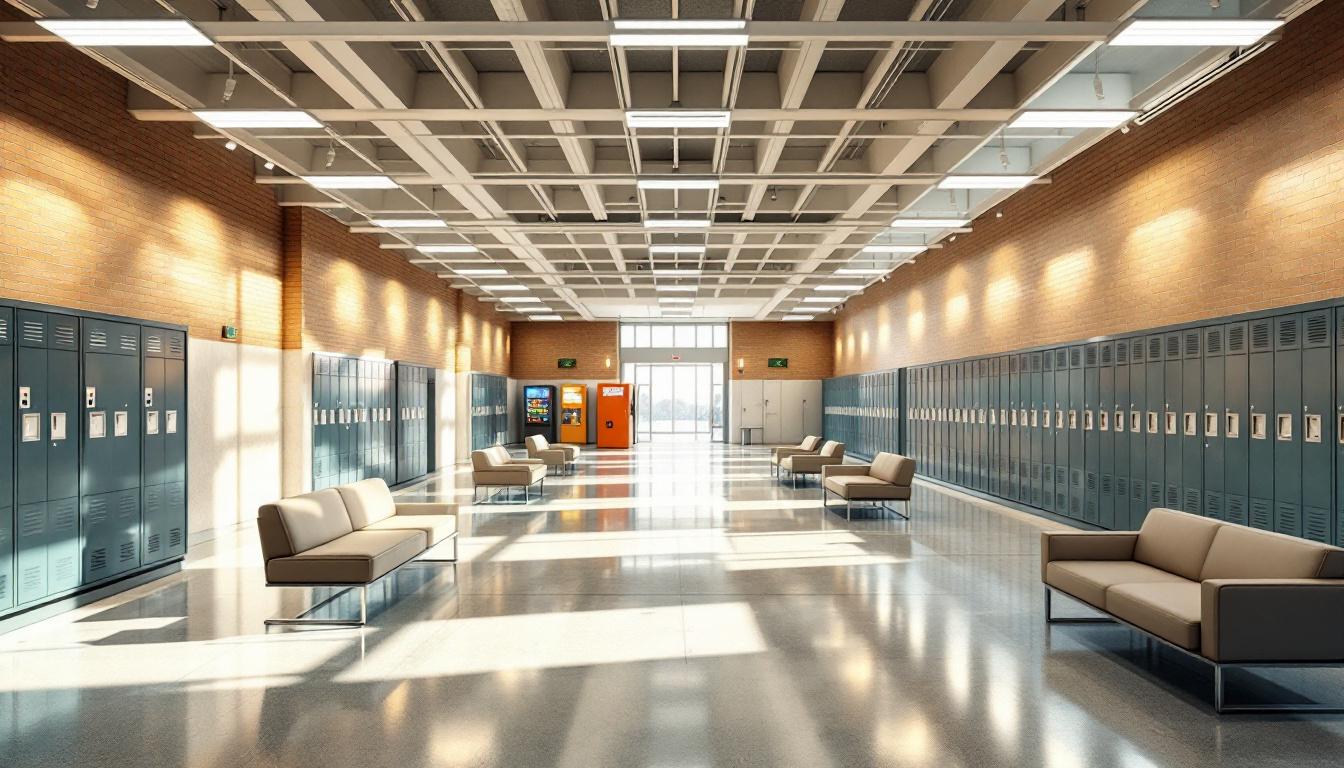
Building connections with family members and maintaining social bonds remains a central focus for those incarcerated at Garden State Youth Correctional Facility, where structured community interactions help young residents navigate their time while preparing for eventual reintegration. Today's routine consistently begins with early morning wake-up calls, followed by personal hygiene time and breakfast in communal dining areas where residents typically gather in small groups. The structured schedule generally includes educational programming, vocational training, and therapeutic sessions designed to address the developmental needs of young adults in the correctional system.
Living accommodations at the facility typically feature dormitory-style housing units or smaller residential pods that encourage positive peer interactions while maintaining appropriate supervision. Those incarcerated generally share living spaces with roommates, creating opportunities for social learning and conflict resolution skills under staff guidance. Moreover, the dining arrangements usually involve scheduled meal times in common areas where residents can engage in supervised conversations, helping to maintain social skills and community connections that may have been disrupted prior to their incarceration.
Recreational activities and educational programs furnish essential structure throughout the day, with opportunities for physical exercise, library access, and age-appropriate group activities that promote healthy social development. Visitation policies typically allow regular contact with approved family members and friends, while communication options may include monitored phone calls and correspondence to help maintain crucial outside relationships. Whereas some facilities focus primarily on security measures, this youth-oriented environment generally emphasizes rehabilitation through community-building activities, educational advancement, and family engagement programs that support successful reentry into society upon release.
Ready to Connect?
Start communicating with your loved one today
Search for an Inmate
